Bill Snyder
-
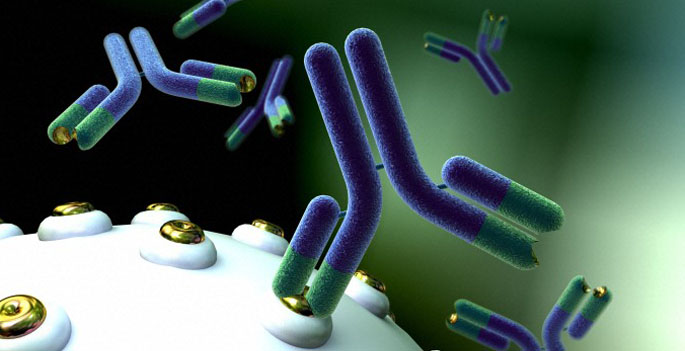
Crowe receives national award for COVID antibody research
Vanderbilt's James Crowe Jr., MD, and Michel Nussenzweig, MD, PhD, of The Rockefeller University, have been jointly awarded the 2022 Harrington Prize for Innovation in Medicine for “groundbreaking work” that enabled the use of human antibodies to treat COVID-19. Read MoreMar 31, 2022
-

Diverticulitis surgery: guidelines needed
Surgical removal of the colon for recurrent diverticulosis varies by geographic region and is associated with surgeon and hospital factors; stronger national guidelines are needed, Vanderbilt researchers report. Read MoreFeb 10, 2022
-
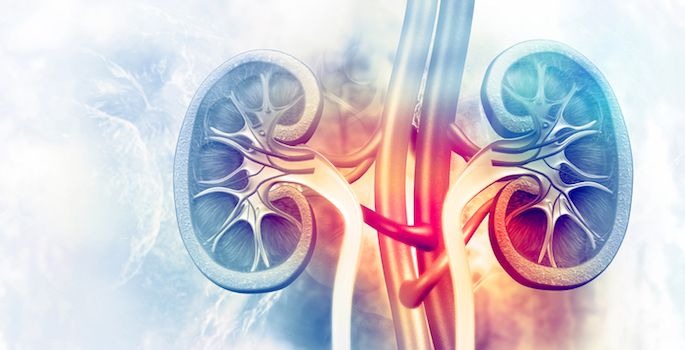
VUMC study raises hope for improving treatment of kidney disease
Vanderbilt research has revealed an important mechanism in the kidney by which a cell surface receptor known as DDR1 fans the flames of inflammation and fibrosis that ultimately lead to kidney failure. Read MoreFeb 2, 2022
-

Accelerating podocyte production
A new method developed by Vanderbilt researchers to generate kidney cells from stem cells offers a faster and less expensive way to make these valuable tools for studying kidney diseases. Read MoreFeb 1, 2022
-

Ensuring the “best possible” medication history
About 80% of hospital admission electronic records were missing a drug prescribed to an older adult, Vanderbilt researchers found, highlighting the need for a multipronged approach to address medication discrepancies and support safe prescribing practices. Read MoreJan 18, 2022
-

The role of integrins in kidney “integrity”
Receptors called integrins play a critical role in maintaining the structure of the kidney, Vanderbilt researchers have discovered. Read MoreJan 13, 2022
-

“Atlas” of lung development may aid efforts to heal premature lungs
Researchers at Vanderbilt University Medical Center have constructed a single-cell “atlas” of lung development that tracks multiple cell types over time. Read MoreDec 20, 2021
-

“Supermeres” may carry clues to cancer, Alzheimer’s disease and COVID-19
Vanderbilt researchers have discovered a nanoparticle released from cells, called a “supermere,” which contains enzymes, proteins and RNA associated with multiple cancers, cardiovascular disease, Alzheimer’s disease and even COVID-19. Read MoreDec 10, 2021
-

Gene discoveries give new hope to people who stutter
New research shows the potential to identify therapeutic directions that could improve outcomes for people who stutter. Read MoreDec 2, 2021
-

‘Pre-conditioning’ restores immune tolerance
A treatment targeting T-cell metabolism could reinvigorate immune tolerance mechanisms to combat autoimmune disease and transplant rejection, Vanderbilt researchers discovered. Read MoreSep 16, 2021
-
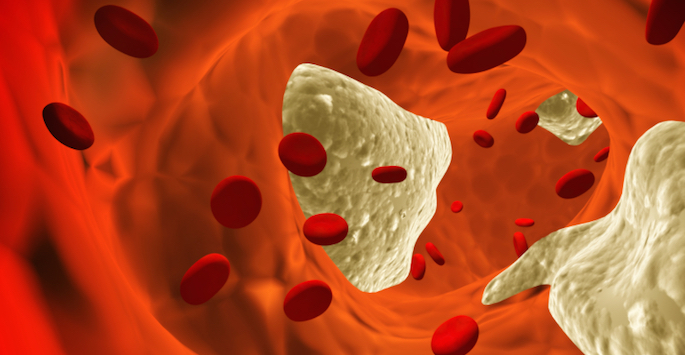
Potential protection from atherosclerosis
Vanderbilt researchers have discovered a potential way to reduce atherosclerosis: blocking the modification of an HDL-associated enzyme by reactive molecules called isolevuglandins. Read MoreAug 19, 2021
-

For more precise drug treatments, ‘squeeze’ the genome: study finds
Large-scale studies will be required to identify the complexity of genetic variations that affect how patients respond to a given drug and whether they will have side effects, according to researchers at Vanderbilt University Medical Center. Read MoreJul 22, 2021
-

Nature’s “recycler” could reduce heart disease risk: study
Researchers at Vanderbilt University Medical Center have identified potential new targets for the prevention of atherosclerosis through the enhancement of autophagy, a natural process for recycling damaged cellular material. Read MoreJul 8, 2021
-

Study finds genetic risk factors for severe COVID-19 illness
A massive worldwide collaboration including researchers from Vanderbilt University Medical Center (VUMC) has identified several genetic factors associated with SARS-CoV-2 infection and severe COVID-19 illness. Read MoreJul 8, 2021
-
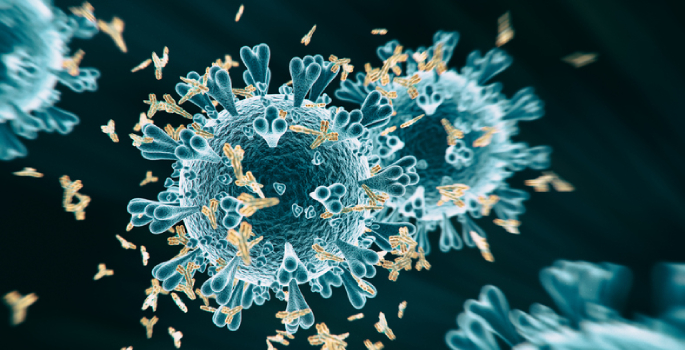
Combination antibody therapies should retain effectiveness against emerging COVID-19 variants: study
Five monoclonal antibody “cocktails,” including one developed at Vanderbilt University Medical Center (VUMC), are protective in animal studies against several variant strains of COVID-19, according to a report this week in the journal Nature. Read MoreJun 22, 2021
-
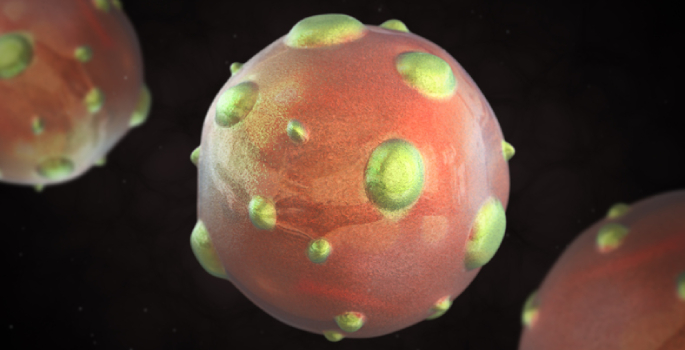
Therapeutic antibodies for hantavirus
Vanderbilt Vaccine Center researchers have isolated monoclonal antibodies against hantaviruses, an emerging source of human disease with pandemic potential. Read MoreMay 24, 2021
-
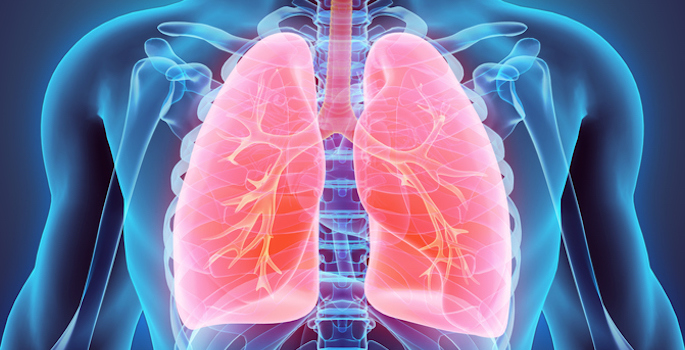
New clue to lung scarring
Vanderbilt neonatology team pinpoints signaling pathways involved in the progressive lung fibrosis that occurs in rare genetic diseases. Read MoreMay 20, 2021
-

VUMC to lead national study to treat severe COVID complications
The Vanderbilt Institute for Clinical and Translational Research (VICTR) has been awarded a major federal grant to lead a national trial of treatments targeting the Renin Angiotensin Aldosterone System (RAAS) in patients hospitalized with COVID-19. Read MoreMay 6, 2021
-

VUMC aids national effort to repurpose drugs for COVID-19
Vanderbilt University Medical Center (VUMC) has been named Data Coordinating Center (DCC) for a nationwide platform of studies aimed at “repurposing” existing drugs to treat mild to moderate symptoms of COVID-19. Read MoreApr 19, 2021
-

New insights into kidney development
Integrin-linked kinase, a central component of a complex that coordinates cell signaling involved in migration, proliferation and cell death, plays a role in kidney development and epithelial cell function. Read MoreApr 15, 2021